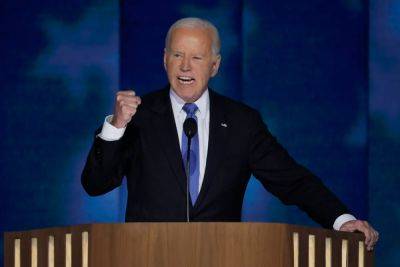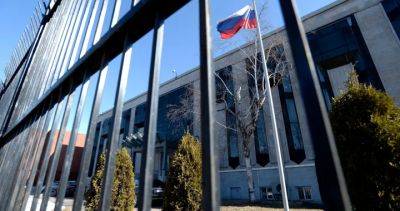Telegram Messaging App's CEO Arrested In France: Reports
NICE, France (AP) — The founder and CEO of the messaging service Telegram was detained at a Paris airport on an arrest warrant alleging his platform has been used for money laundering, drug trafficking and other offenses, French media reported Sunday.
Pavel Durov, a dual citizen of France and Russia, was taken into custody at Paris-Le Bourget Airport on Saturday evening after landing in France from Azerbaijan, according to broadcasters LCI and TF1.
Investigators from the National Anti-Fraud Office, attached to the French customs department, notified Durov, 39, that he was being placed in police custody, the broadcasters said.
Durov’s representatives couldn’t be immediately reached for comment.
French prosecutors declined to comment on Durov’s arrest when contacted by The Associated Press on Sunday, in line with regulations during an ongoing investigation.
French media reported that the warrant for Durov was issued by France at the request of the special unit at the country’s interior ministry in charge of investigating crimes against minors.
Those include online sexual exploitation, such as possession and distribution of child sexual abuse content and grooming for sexual purposes.
Telegram was founded by Durov and his brother in the wake of the Russian government’s crackdown after mass pro-democracy protests that rocked Moscow at the end of 2011 and 2012.
The demonstrations prompted Russian authorities to clamp down on the digital space, adopting regulations that forced internet providers to block websites and cellphone operators to store call records and messages that could be shared with security services.
In the increasingly repressive environment, Telegram and its pro-privacy rhetoric offered a convenient way for







